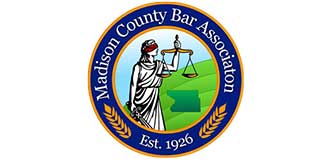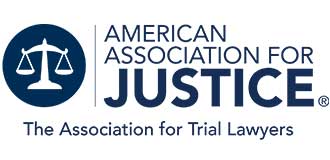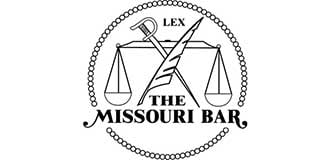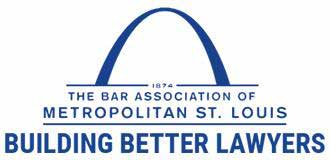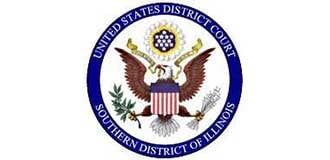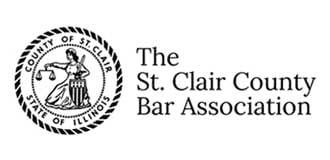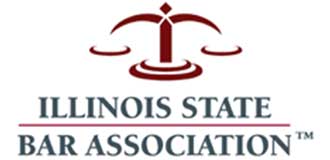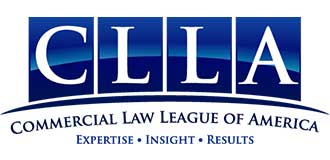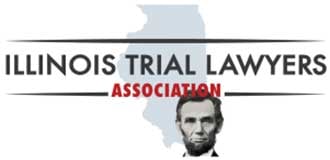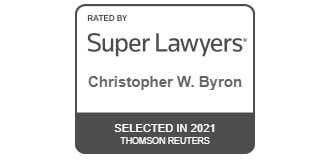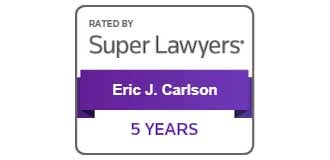Drunk driving checkpoints have often been challenged on the grounds that they violate a person’s right to not be subjected to an illegal search or seizure. Most drunk driving traffic stops happen when someone breaks a traffic law and gets pulled over. Checkpoints, on the other hand, subject anyone to that same treatment, even if they haven’t made any mistakes and are completely sober.
However, in Missouri and some other states, these checkpoints are still legal. Proponents say that they help to cut back on drunk driving by increasing arrests. They claim that it’s an effective tool to find impaired drivers that goes beyond simply sending out patrols. They also note that there is a psychological impact, as people who know there may be a checkpoint are more likely to use a designated driver so they don’t have to risk arrest.
The funding is no longer there
While it may be true that checkpoints are legal in Missouri, they were essentially defunded by the state back in 2017. This means that the odds that you’re actually going to encounter one are very small. The police could use them if they wanted, but the added expense without added funding makes it virtually impossible.
In fact, lawmakers have considered different proposals to make these checkpoints entirely illegal. Other states, such as Texas, do not consider them to be a legal. However, as long as they are not funded, it may not matter if they’re considered legal or not.
If you do find yourself facing drunk driving charges after a traffic stop or being pulled over at a checkpoint, make sure you know what legal options you have.


